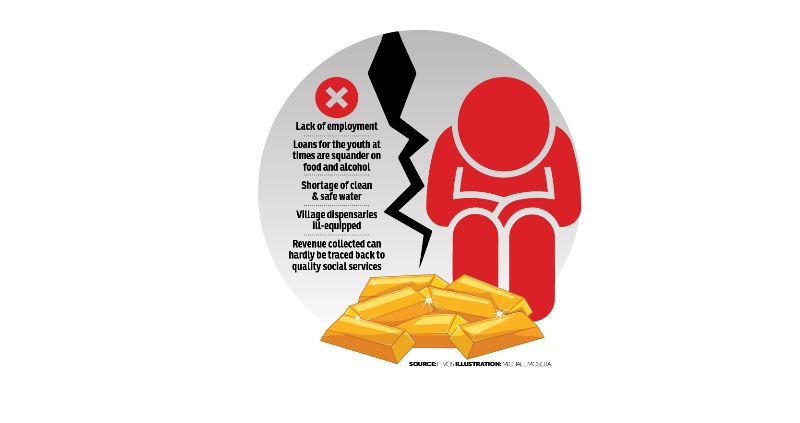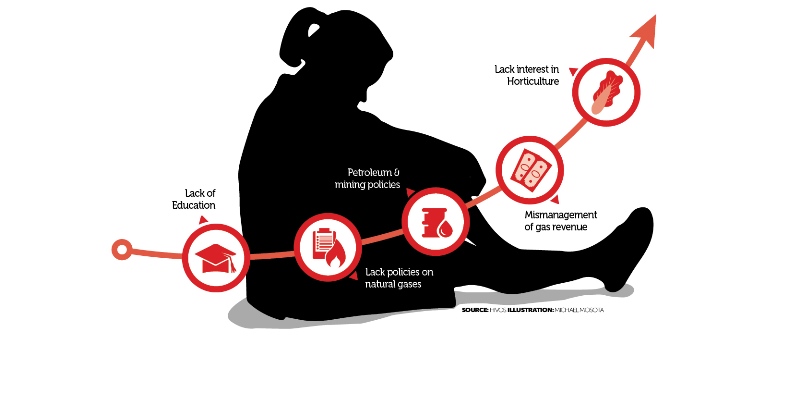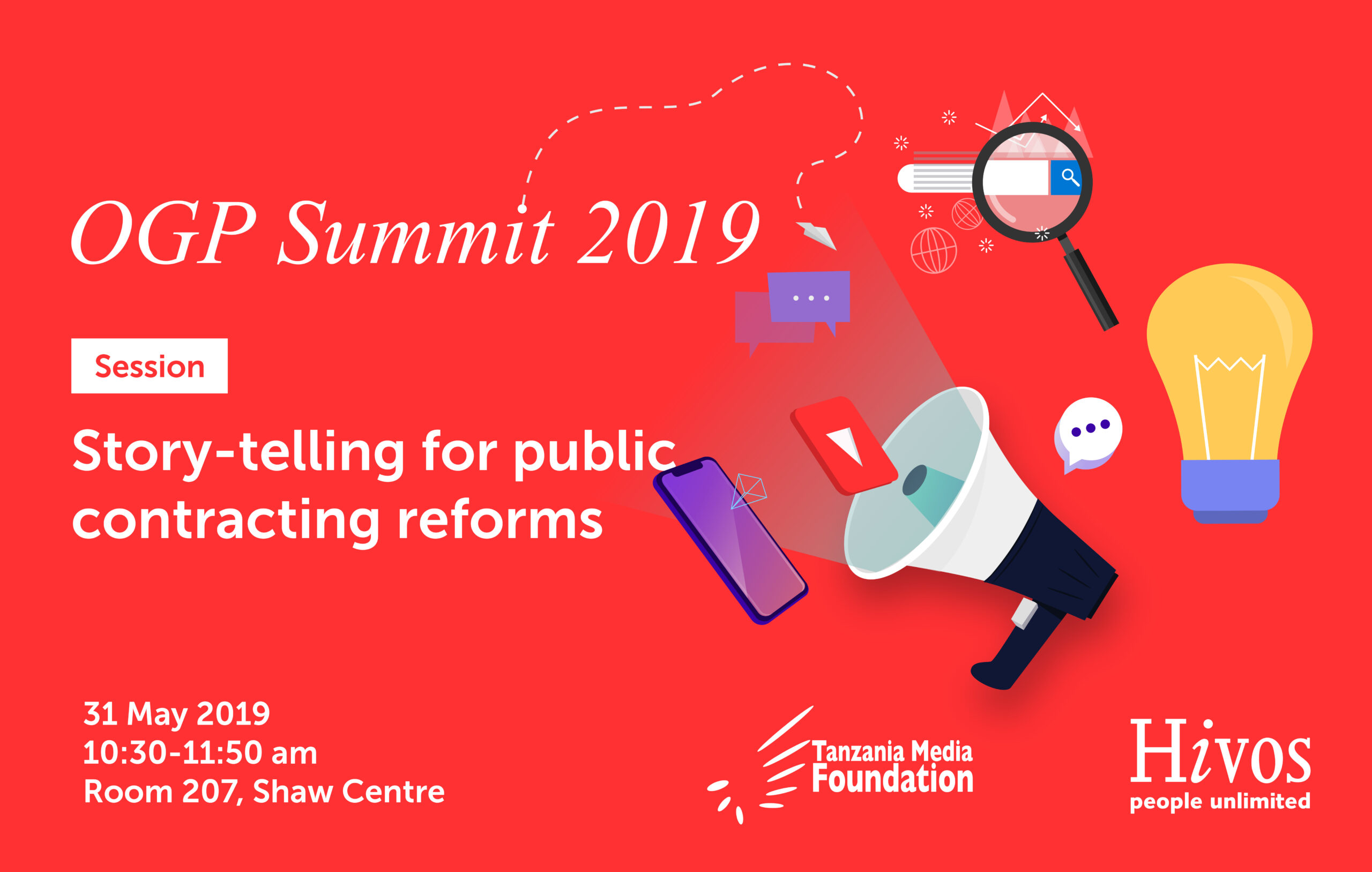Session: storytelling for public contracting reforms
Delivery of quality goods and services is paramount to attaining social transformation in any country. Proper roads, hospitals, schools, electricity, food, medicine among others are the cogs that are necessary to enhance the quality of life of citizens.
This year’s theme at the Open Government Partnership: participation, inclusion and impact of governments is at the core of open contracting’s principles on engagement of citizens and delivering quality good and services through smart public procurement.
On 31 May 2019, Hivos East Africa in partnership with the Tanzania Media Foundation will be hosting a side event: storytelling for public contracting reforms.
The 2-hour event will bring together participants from the media, private sector, government and civil society to propel conversations around best practices of how citizens can be informed to influence reforms in public contracting.
A panel session will capture experiences on techniques, strategies and techniques and emerging tools used by governments, technology experts and media houses for storytelling in public procurement. Digital security for storytelling platforms in the era of the shrinking civic space will also be discussed as a trend in data security.
The second leg of the session will feature a hands-on workshop where data experts and investigative journalists will share tools and resources that can be adopted to curate stories around public contracts.
Speakers and panelists
Khairil Yusof
Khairil is an open data expert from Malaysia and the Coordinator of the Sinar Project. He will showcase current open contracting platforms on beneficial ownership in Asia and demonstrate their use to influence citizen’s demand for accountability in public procurement.
John-Allan Namu
John-Allan is an investigative journalist from Kenya and Executive Director of African Uncensored. He will share some of the tools his organisation has used to map data and use it for investigative stories and exposes in Kenya.
Ochieng Rapuro
Ochieng is the Managing Editor of the East African, Nation Media Group. Ochieng will discuss how media houses can play a role in shaping informed stories on public procurement
Mabrouka Khedir
Mabrouka is a journalist from Tunisia with experience in using documentaries.
Read the story below to get a snippet of some of the topics that will be discussed during the meeting
The Youth remain jobless in Tanzania amid opportunities in the extractives sector
By Deo Mfugale
Majid Issa wakes up and strolls to a corner where most youth from Madimba village hang out daily with no jobs to sustain them. He complains that two companies, Mnazi Bay and Madimba natural gas have not employed them due to lack of education and requisite skills.
The land in Madimba and nearby villages is suitable for horticulture where some of the locals grow vegetables on small scale for consumption. The youth could have done the same to earn income but yet they do not.
Juma Lila, Madimba Village Executive Officer (VEO), says the district council sets aside 10 per cent of its annual earnings for loans to women and youth groups. “ The District Community Development Officer and I tried to mobilize youth and women to form associations so that they can get loans to start projects to supply eggs, meat, chicken, vegetables and other foodstuffs to workers at Madimba and Mnazi Bay but our efforts have been futile,” he complains.
According to Juma, the abundant economic opportunities have gone untapped and young people have remained poor. Some point out the failure by youth and other groups to exploit economic opportunities to lack of a policy on natural gas.

Hassan Mbangile, Executive Director for Outreach for Community in Needs, argues that the poor social services in rural areas today are due to lack of a policy on natural gas to guide management of revenue from natural gas activities at the district level.
Baltazar Komba, Executive Director of a local CSO (FAWOPA TANZANIA) says communities were not prepared to exploit direct or indirect opportunities from the gas sector. He notes that in the absence of a policy to guide the management of the resource, there was little participation of locals in the sector adding “Everyone including the government, left oil and gas companies to run the show,” he adds.

Prof. Hamidu Majamba of the University of Dar es Salaam differs with the rest saying the government used the petroleum and mining policies to provide guidance on revenue allocation.
Mtwara District Executive Director, Omar Kipanga concedes that initiating gas operations without appropriate policy has affected the management of the natural resource.
He says policy provides direction and guidance to improve lives of communities and to accelerate economic development.
Edward Laurent Kapwawa echoes the same saying, “policy makers, decision makers and rich people who live in urban areas always make noise about the need to improve water supply and sanitation, health services, schools and other social services. As a result of their continued action, locals have gained from natural gas operations in Mtwara more than their rural counterparts and this gap is likely to remain as such, ‘’ he says.
Join our conversations on Twitter: @hivosroea




